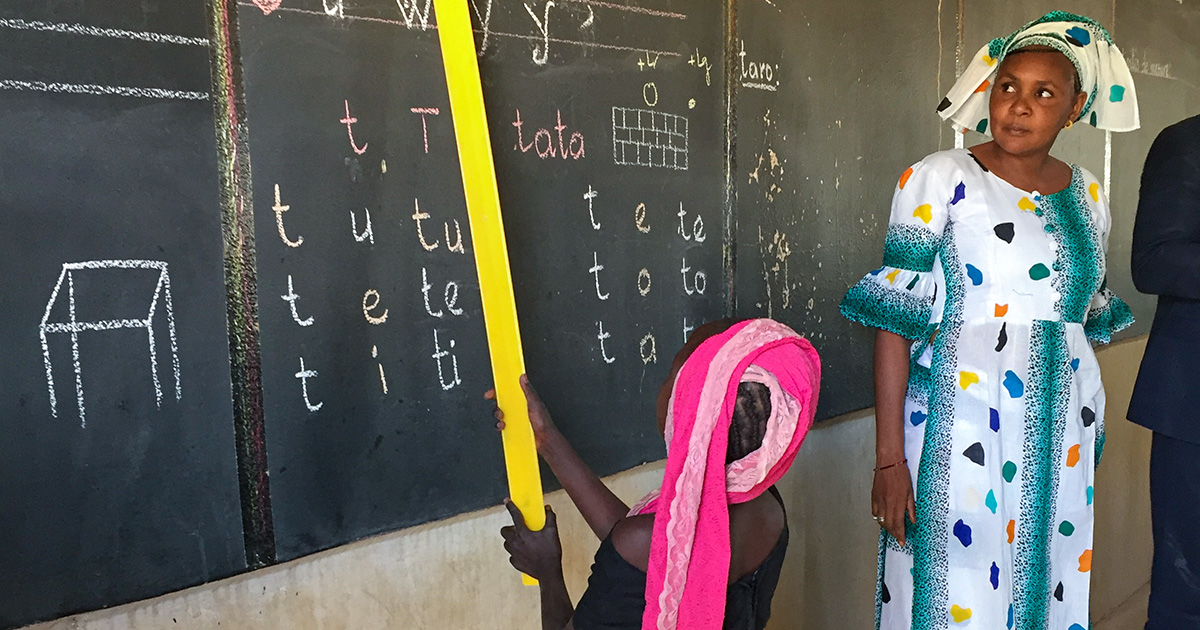Project Overview
Mathematica has partnered with the Millennium Challenge Corporation (MCC) on the Liberia Energy Project as the independent evaluator. As MCC invests in sustainable economic growth and poverty reduction, they need a trusted evaluation partner to measure and report on outcomes and impacts.
Liberia’s lack of electricity contributes to poverty and impedes economic growth. MCC partnered with the Liberian Government on the $202 million Energy Project to generate quality, low-cost renewable power, improve utility operations, develop energy regulations, and expand access to electricity.
- The Khana Group
- Tetra Tech
Millennium Challenge Corporation
Mathematica’s independent evaluation of the Liberia Energy Project demonstrates our continued support of Power Africa, the U.S. initiative designed to establish 60 million new electricity connections and generate 30,000 megawatts of power by bringing together African governments, the private sector, and donor partners to alleviate energy poverty and generate economic growth.
The activities under the Energy Project included:
- The Mt. Coffee Rehabilitation Activity was designed to repair and expand the Mount Coffee Hydropower Plant (MCHPP), adding 88 megawatts (MW) of renewable power to the country’s 22 MW of thermal generation.
- The Capacity Building and Sector Reform Activity was designed to support a management services contract to operate and strengthen the capacity of the Liberia Electricity Corporation (LEC), support the establishment of an independent regulatory agency, and strengthen capacity at the Ministry of Mines and Energy.
- The Mt. Coffee Support Activity was anticipated to address environmental and social risks of the MCHPP rehabilitation and increase productive uses of electricity. Under this activity, MCC funded the Water Pipeline Sub-Activity to support the construction of a raw water transmission pipeline to upgrade and replace the pre-war pipeline infrastructure.
- The LEC Training Center Activity aimed to improve the capacity of the LEC workforce.
Mathematica conducted a comprehensive mixed-methods performance evaluation of the Liberia Energy Project, designed to answer questions about the implementation of activities; grid and utility level outcomes; willingness to pay for electricity; and ultimately, the impacts on households, businesses, and social services.
Evidence & Insights From This Project

Evaluation of the Liberia Compact’s Mt. Coffee Hydropower Plant Rehabilitation and Capacity Building and Sector Reform
This final evaluation report presents findings from a performance evaluation of the MCC-funded Liberia Energy Sector Project, which included rehabilitation of the Mount Coffee Hydropower Plant, strengthening the electricity utility’s capacity, and establishing an independent regulator.
Learn MoreEfficiency Meets Impact.
That's Progress Together.
To solve their most pressing challenges, organizations turn to Mathematica for deeply integrated expertise. We bring together subject matter and policy experts, data scientists, methodologists, and technologists who work across topics and sectors to help our partners design, improve, and scale evidence-based solutions.
Work With Us
